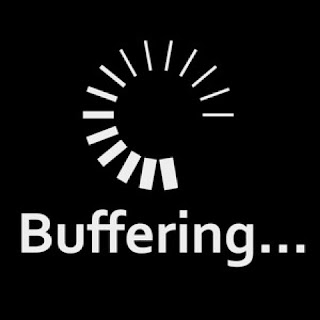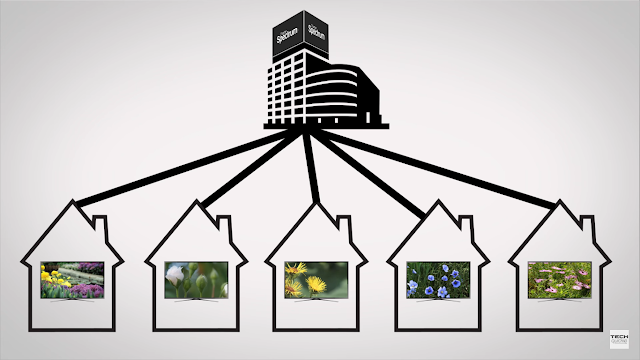We have all been there, checking out your favorite twitch stream or watching some high definition content on Netflix, Amazon Prime or more commonly on Youtube and suddenly there is this, the most hated process of all time - BUFFERING!! You hit back and move a little bit backwards on the stream or just hit pause for a moment to give it time to buffer and again after some time you face the same problem.
Buffering is a common thing, people these days witness and honestly people have been experiencing this in the past. But, if you have noticed you can watch high definition content on your TVs and you seldom experience something like buffering on these. So, what is the reason for this? Why does your cable TV not buffer?
Cable TV connection also use the same coaxial cable wires for connection which are used in the broadband connection these days. So, practically they both should provide the same upload and download speeds, which is true. Both, a cable TV connection and a coaxial broadband connection provide the same uplink and downlink data rates. So, you might be wondering then where the hell is the difference! Why is my TV not buffering (which is a good sign though) and my youtube video is every once in a while.
The answer to this question is very simple and there is a technically sound answer to this but I would not cover that here as it might be too much for you and even if it's not then certainly its not interesting enough for the masses. So, I am going for a simpler explanation to this which is both technically correct and not so boring.
To begin with, we need to understand how streams over a network work. First, there is a small buffer in your device (your set top box in case of TV has the buffer) which is responsible for storing the stream of 1s and 0s which we call data. This data which is stored in the buffer is decoded into the video that you watch. The buffer is used to store data for the frames ahead of time in order to have a seamless experience.
But, when the buffer runs out of data which may be due to the server going down or lack of bandwidth on your side, you start to experience lags. Since this lag is due to the data shortage in buffer hence, the name buffering. The process is the same in both a computer and a cable TV connection.
While surfing over the internet on a PC you can watch anything, anywhere and anytime. You can a watch the same youtube video at 3:00 in the morning or at 2:00 in the noon. But, in case of cable TV things are a bit different, each channel streams the same content to everyone at a given time. This eliminates the need for a high end server that can handle the various different types of requests of different users. All that is needed is to stream the same content to every user which is connected to it.
Moreover, each and every TV channel from a standard definition channel to a bandwidth hungry HD TV channel has it's own unique frequency on which the data is transmitted over the coaxial cable, which means that when you tune into a specific channel then your set top box needs to access only that specific frequency for gathering data packets for the buffer. This eliminates the chances of packet loss due to interference which is not present in the case of internet, where each data packet regardless of the service it is meant for, has to share the same bandwidth.
Check out some other interesting posts -
- Increase your internet speed - A 100% working method!!!
- History of Social Media - How it all started
- Don't get fooled by updates on your smartphone!!
- WhatsApp privacy at risk??
Due to both of these reasons, a stream over the internet suffers from issues such as buffering which are seldom faced in cable TV. However, the internet access speeds have increased significantly over the last couple of years and this has allowed users to have a much better streaming experience. A 10 to 15 Megabit per second connection is enough for a smooth experience depending on the encoding scheme of the media.
I hope this clears your doubts on why does your HD TV not buffer. Please feel free to ask any questions in the comment section. Also, let us know your suggestions and if you liked it then do share this on your social media and subscribe to our newsletter to get notifications for our future posts. Thanks for visiting! Hope to have you soon on another interesting post.







No comments:
Post a Comment